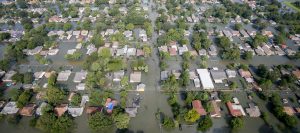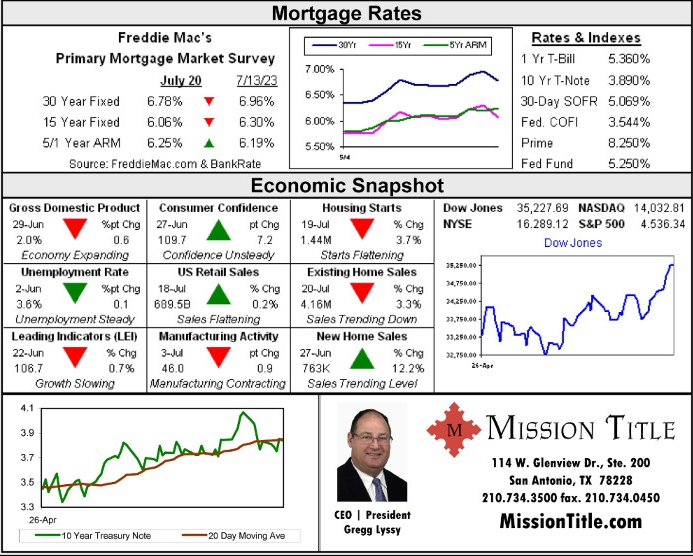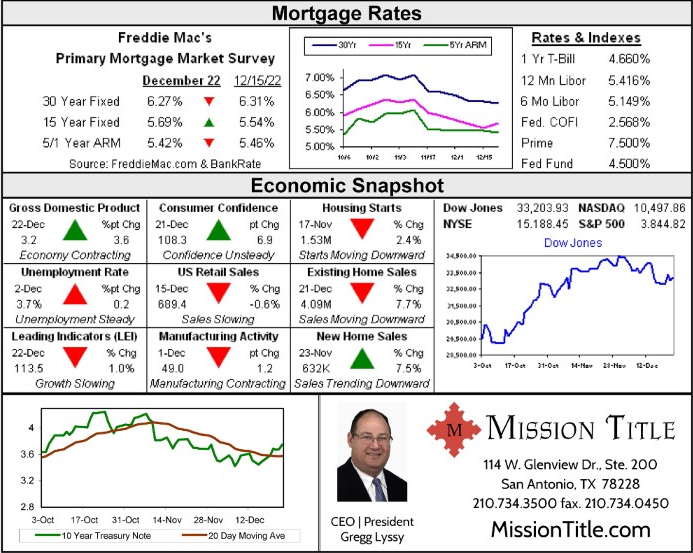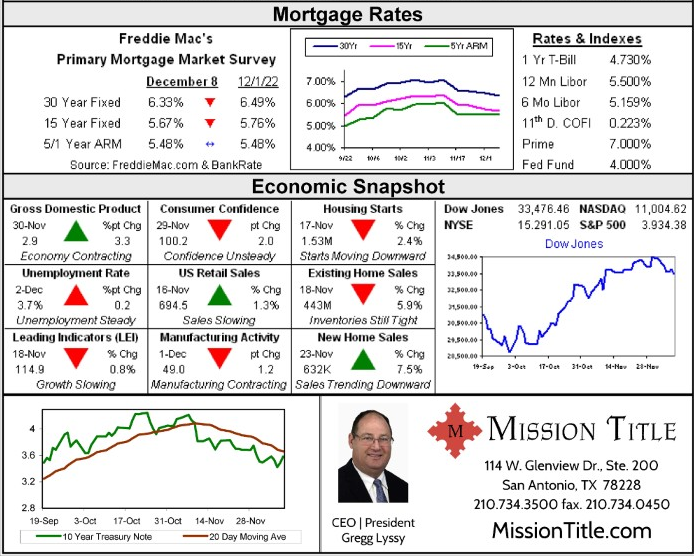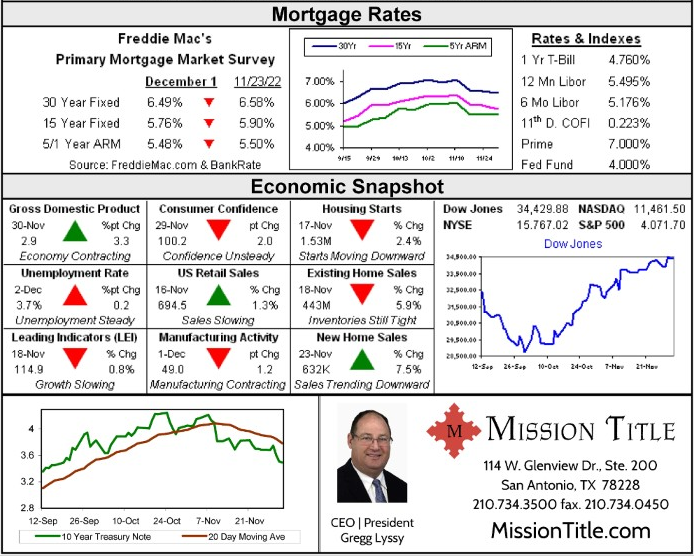America’s only major insurance coverage program for homeowners suffering flood damage is safe… for now. The Senate voted 86-12 on Tuesday to extend the National Flood Insurance Program (NFIP) for four months, mere hours before the program’s deadline for expiration.
“We applaud lawmakers for taking this needed action to prevent disruptions to closings in thousands of communities across the country,” said NAR President Elizabeth Mendenhall in a statement to Inman.
The National Association of Realtors (NAR) joined other trade organizations in July to fight for an extension to the NFIP in the interim. It’s also lobbied for reforms to program.
“Although the National Flood Insurance Program will be extended through November 30 when signed into law, the NFIP is in desperate need of reforms that will make it solvent and sustainable in the long term,” said Mendenhall. “The National Association of Realtors will continue fighting for these reforms as the next NFIP reauthorization discussions loom later this year.”
Last week, the House of Representatives passed the same extension, which calls for the program’s lapse to be pushed from July 31, 2018 to November 30, 2018 – the end of Atlantic hurricane season – by a 366-52 vote. It will head to President Donald Trump’s desk for signature.
The NFIP is a government program aimed at providing homeowners, business owners and renters with affordable flood insurance. It’s overseen by the Federal Emergency Management Agency (FEMA) and has been active since 1968.
 Capture and nurture leads with Placester’s integrated marketing platform
Stand out online and win more business with a unified set of marketing tools READ MORE
Capture and nurture leads with Placester’s integrated marketing platform
Stand out online and win more business with a unified set of marketing tools READ MORE
The NFIP is able to provide affordable insurance by encouraging communities to adopt and enforce floodplain management regulations, according to FEMA. Those efforts are able the further mitigate effects of flooding. Overall the program reduces the socio-economic impact of disasters by promoting the purchase and retention of insurance, FEMA says.
A first quarter of 2018 study from FEMA found that the average yearly insurance premium for participants is $707. The program has more than $20 billion in outstanding debt with the U.S. Treasury. After Trump outright cancelled $16 billion in debt in October, losses from Hurricanes Harvey, Irma and Maria drove the NFIP to borrow $11.9 billion from the U.S. Treasury.
“As currently designed, the program cannot repay this debt,” Roy E. Wright, the deputy associate administrator for insurance and mitigation said in the study.
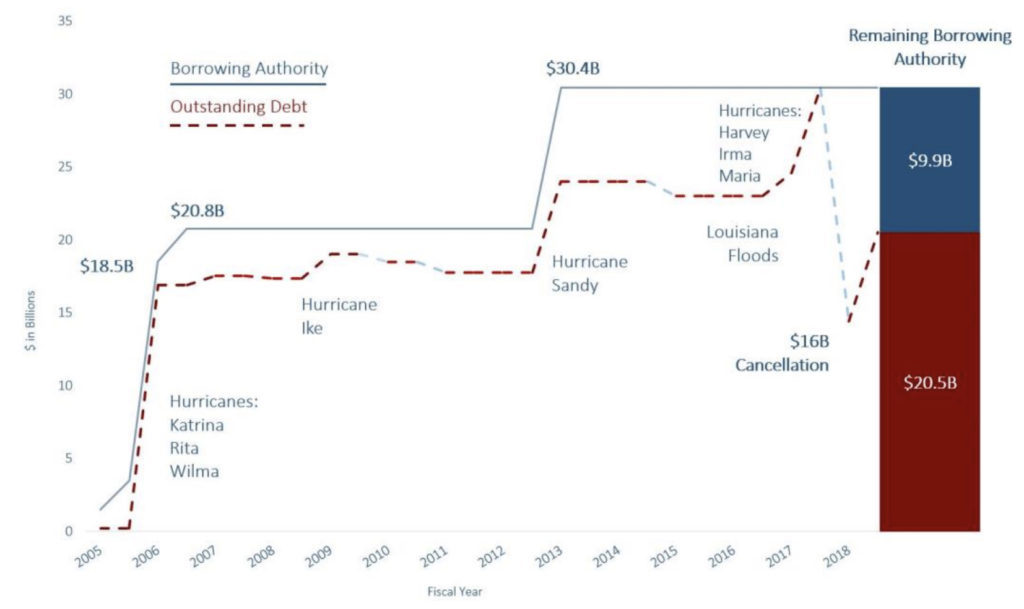
Figures and graph courtesy FEMA
A study released by CoreLogic in May estimates that the 2018 hurricane season could cause up to $1.6 trillion in property damage.
The move is the latest in a series of renewals that have continuously punted a bipartisan long term solution on NFIP further down the road. Last June, a bipartisan reform was introduced by Democratic Senator Robert Menendez. The Sustainable, Affordable, Fair, and Efficient (SAFE) National Flood Insurance Program Reauthorization Act of 2017, would authorize NFIP for six years and put into place reforms aimed at making the NFIP more sustainable and insurance more affordable.
“Americans deserve a National Flood Insurance Program that is sustainable for taxpayers, affordable for homeowners, and accountable to everyone,” said Menendez in a release, at the time of the legislation introduction. “If we want a more sustainable system, the answer isn’t to slam homeowners with even higher premiums.
Menendez added, “This legislation puts the lessons we learned after Superstorm Sandy into action, levels the playing field for policyholders, and attacks the NFIP’s rampant waste and abuse to create real savings and greater investment in mitigation and resiliency efforts to make our residents and communities safer.”
Menendez’s bill – which is co-sponsored by three Republican and three Democratic senators, was referred to the Senate Committee on Banking, Housing, and Urban Affairs, where it has stayed since introduction on June 15, 2017.
As many as 2.4 million homes – worth nearly $1 trillion in property value – could be at risk of suffering chronic flooding, according to a study by the Union of Concerned Scientists (UCS).
“What’s striking as we look along our coasts is that the significant risks of sea level rise to properties identified in our study often aren’t reflected in current home values in coastal real estate markets,” said Rachel Cleetus, an economist and policy director for the Climate and Energy Program at UCS, as well as a report co-author. “Unfortunately, in the years ahead many coastal communities will face declining property values as risk perceptions catch up with reality.”
Experts also fear that constant flooding and the deterioration of home values associated with that flooding could cause the U.S. housing market to suffer a crash worse than 2007-2008 financial crisis.
The Independent Community Bankers of America (ICBA), in a statement, urged lawmakers to pass a more long-term reauthorization of the NFIP that sets the program on sound financial footing and ensures rates are affordable. It supports proposals to increase private-market participation – a policy for which NAR has also publicly expressed support – and opposed efforts to remove mandatory purchase requirements for commercial properties.
“Affordable and readily available flood insurance is vital for the more than 20,000 communities across the United States that depend on the National Flood Insurance Program,” said ICBA president and CEO Rebeca Romero Rainey. “A long-term reauthorization of the NFIP is needed to ensure coverage remains available to affected communities and to avoid further disruptions to the market.”
SmarterSafer, a coalition of environmental and housing policy advocates wrote a letter to Congress urging longterm reform to the NFIP. In a statement, the group said it plans to spend the next four months creating comprehensive legislation that ensures the program better protects the people in harm’s way, the environment and taxpayers.
“The necessary overhaul of the nation’s flood insurance program should include measures that promote mitigation against the threat of flooding; update and improve outdated flood-risk mapping techniques; ensure full communication of flood-risk data to communities and home-buyers; and ensure consumers can choose private flood policies,” the organization said in a statement.
“Recent studies have found private insurance could offer cheaper premiums, giving Congress the opportunity to reduce premiums for a majority of policyholders nationwide – but Congress has not yet acted on this,” it continued. “These reforms will save taxpayers billions annually and contribute to a smarter, safer and more robust system of flood insurance that will better protect people and property in harm’s way.”
Source: click here










